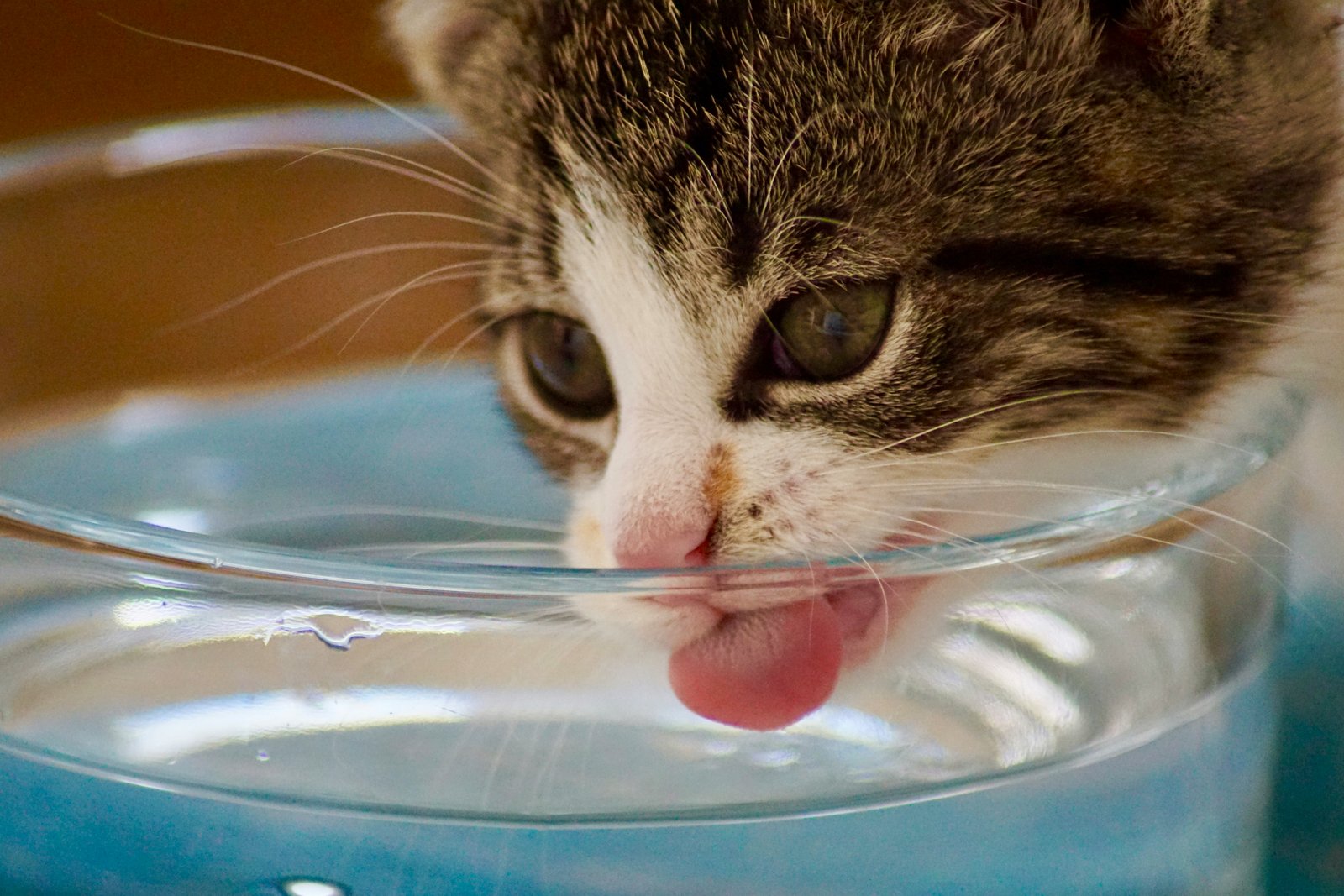Tips for Caring for Newborn Kittens : Welcoming newborn kittens into your home is a heartwarming experience, but it also comes with a set of challenges and responsibilities. Caring for these tiny creatures during the newborn phase requires patience, knowledge, and dedication.
From feeding and keeping them warm to ensuring their health and socialization, there are many important aspects to consider.
In this blog post, we’ll provide you with essential tips and guidance on navigating the newborn phase of caring for them, helping you provide the best possible care for these precious little ones.
1. Understanding the newborn kitten phase
Understanding the newborn kitten phase is essential for anyone caring for these precious little creatures. they are incredibly delicate and require specialized care during their first few weeks of life. It’s important to know that they are born blind, deaf, and completely dependent on their mother or caregiver for survival.
During this phase, they spend most of their time sleeping and eating to grow and develop. It’s crucial to provide a warm and safe environment for them, as they are unable to regulate their body temperature effectively. Additionally, proper feeding and hygiene are essential to ensure the health and well-being of them.
By understanding the unique needs of them and providing them with the care and attention they require, you can help them thrive and grow into healthy adult cats.
2. Feeding and nutrition for newborn kittens
Feeding and nutrition are crucial aspects of caring for them. In the first few weeks of life, they rely entirely on their mother’s milk for nourishment.
If the mother cat is not present or unable to nurse, it is essential to provide a suitable alternative milk replacer specifically formulated for them.
When feeding them, it is important to use a bottle with a small nipple designed for tiny mouths. Feeding should be done every 2-4 hours, including overnight.
It is crucial to ensure that the milk replacer is at the correct temperature – not too hot or too cold – to prevent any digestive issues.
As the kittens grow, around 3-4 weeks of age, you can gradually introduce a kitten milk replacer mixed with wet kitten food to start the weaning process. It is essential to monitor their weight gain and adjust feeding amounts accordingly.
Proper feeding and nutrition play a significant role in the healthy development of them, setting them up for a strong start in life.
3. Keeping newborn kittens warm and comfortable
Keeping them warm and comfortable is crucial for their health and well-being during the fragile newborn phase. they are unable to regulate their body temperature effectively, so it is essential to provide them with a warm and cozy environment.
A heating pad set on low or a warm water bottle wrapped in a towel can mimic the warmth of their mother’s body. Place this in their sleeping area, ensuring that there is enough space for them to move away from the heat source if they get too warm.
It’s important to monitor the temperature regularly to prevent overheating.
Another way to keep them warm is by providing them with soft bedding, such as blankets or towels, that they can snuggle into. Make sure to change the bedding regularly to keep it clean and dry. Additionally, creating a quiet and draft-free area for the kittens can help them feel safe and secure, contributing to their overall comfort.
Remember to handle them gently and avoid separating them from their mother if possible, as maternal care plays a vital role in keeping them warm and ensuring their survival.
By following these tips and providing a warm and comfortable environment, you can help newborn kittens thrive during this critical stage of their lives.
4. Health care and socialization for newborn kittens.
Health care and socialization are crucial aspects of caring for tem. Ensuring the health and well-being of these tiny creatures is paramount in helping them thrive.
Regular health check-ups, proper nutrition, and monitoring their growth and development are essential.
It is important to keep them warm and comfortable, as they are vulnerable to temperature changes. Providing a cozy and safe environment will help them feel secure and reduce stress.
Socialization plays a significant role in shaping the behavior of them as they grow. Gentle handling, positive interactions, and exposure to various stimuli help them develop into well-adjusted and sociable cats.
Encouraging playtime, introducing them to different sounds, textures, and environments, and engaging in interactive activities will aid in their social development.
Ensuring that they receive proper health care and socialization from an early age sets the foundation for their long-term well-being and happiness. By following these tips, you can help them transition smoothly into healthy and confident cats.




